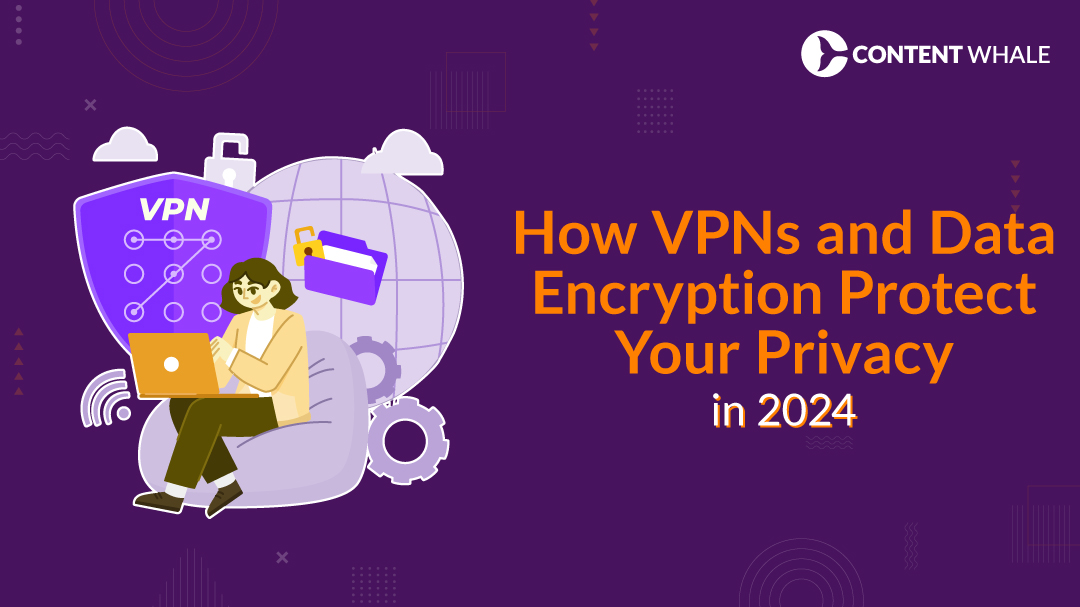Let’s be real—cyber threats are everywhere in 2024, and if you’re not using VPNs and data encryption, you’re asking for trouble. Here’s why: without a secure internet connection, your data is wide open for hackers to grab.
That’s where VPN encryption comes in, creating a virtual shield around your online activity. Add in encryption algorithms, and you’re making sure that even if someone gets their hands on your data, they can’t read it.
Whether you’re protecting your business or just trying to browse without being tracked, the VPN security benefits are huge. It’s all about keeping your data security airtight with encrypted data transmission.
Want to know how to choose the right tools and VPN protocols for 2024? Keep reading—this is the year to lock down your privacy.
1. What is Data Encryption?
Data encryption is the process of transforming readable data into coded, unreadable information, ensuring that only authorized parties can access it. It acts as a lock for your sensitive data, and without the correct decryption key, any intercepted information remains useless.
How Encryption Works:
- Plain Text to Cipher Text: Data starts in plain text (human-readable). Using encryption algorithms, it’s transformed into cipher text, which is unreadable without the decryption key.
- Encryption Algorithms: Popular algorithms include AES encryption (Advanced Encryption Standard), which is widely regarded as the most secure method available today. AES-256 encryption, for instance, is nearly impossible to crack due to its long key length.
- End-to-End Encryption: This ensures that only the sender and the intended recipient can access the data, protecting it from hackers and other third parties.
2. How Do VPNs Work?
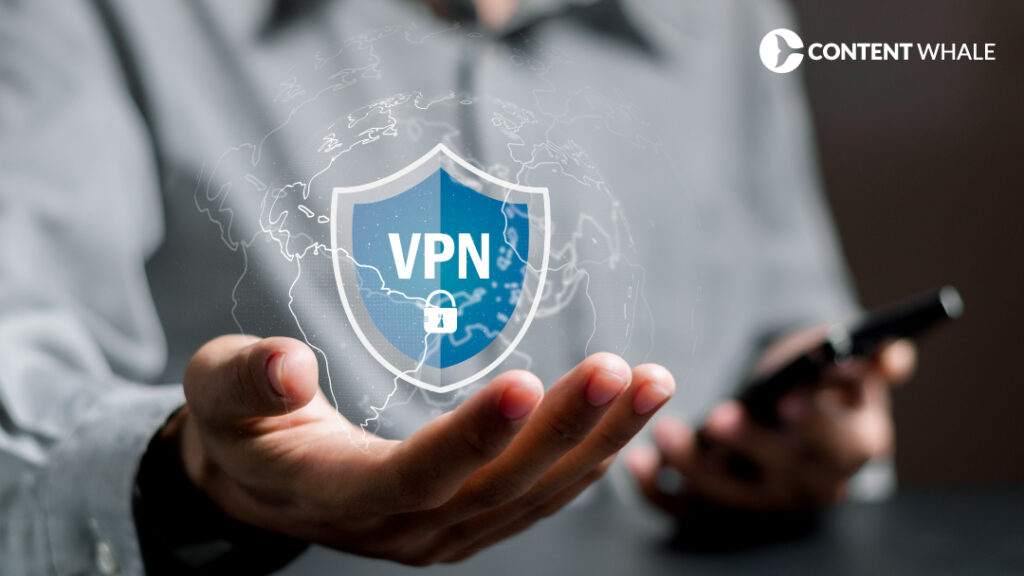
A Virtual Private Network (VPN) is your go-to tool for creating a secure internet connection. It does this by routing your online traffic through an encrypted tunnel, hiding your IP address and ensuring online privacy. Here’s how it works:
How VPNs Create Security:
- Masking Your IP Address: When you use a VPN, your real IP address is replaced with one from the VPN server, keeping your location and identity hidden from prying eyes.
- Encryption of Data: With VPN encryption, all your internet traffic is encrypted, meaning any data you send or receive—emails, files, or credit card details—are protected through encrypted data transmission.
- VPN Protocols in Action: VPNs use VPN protocols such as OpenVPN, IKEv2/IPsec, or WireGuard to establish and maintain this secure connection. These protocols work alongside encryption algorithms like AES encryption to guarantee data security.
3. How VPNs and Data Encryption Keep You Safe in 2024
VPNs and data encryption are your front-line defenses against today’s cyber threats. In 2024, we’re witnessing a significant increase in data security risks, from large-scale data breaches to sophisticated ransomware attacks. This makes securing your online privacy and protecting sensitive information non-negotiable.
The Growing Cyber Threat Landscape
- Rising Cyberattacks: Cybercriminals are getting smarter, and attacks such as phishing and ransomware are more prevalent than ever. Encrypted data transmission helps keep your personal and business data out of their reach.
- Remote Work Vulnerabilities: With remote work now a permanent fixture, workers are more exposed to insecure networks. A secure internet connection through a VPN encryption ensures that whether you’re in a coffee shop or at home, your data remains locked away from potential threats.
Why Encryption is Critical in 2024
- VPN Encryption: When you use a VPN, your data travels through an encrypted tunnel, making it nearly impossible for hackers to intercept. Whether you’re sending emails or accessing company files, VPN security benefits protect every piece of information.
- End-to-End Encryption: This method ensures that data is encrypted at every step, allowing only the intended recipient to decrypt and read it. It’s essential for keeping communications and transactions secure, especially in business environments.
| # | Threat | How VPNs and Data Encryption Protect You |
| 1 | Data Breaches | Encrypts all data transmitted, making it unreadable to attackers |
| 2 | Identity Theft | Masks your IP address, hiding your identity and location |
| 3 | Public Wi-Fi Hacks | Encrypts your connection on unsecured networks like public Wi-Fi |
| 4 | Phishing Attacks | Encrypts communications and data, making intercepted information useless |
| 5 | ISP Data Tracking | Prevents your ISP from monitoring or selling your browsing data |
| 6 | Government Surveillance | Hides your activity from government entities monitoring internet traffic |
| 7 | Ransomware Attacks | Encrypt sensitive data, reducing the risk of exposure during an attack |
| 8 | Geo-Blocking | Allows access to geo-restricted content by masking your location |
| 9 | Ad-Tracking | Prevents advertisers from tracking your online behavior |
4. VPN Encryption Protocols You Should Know About
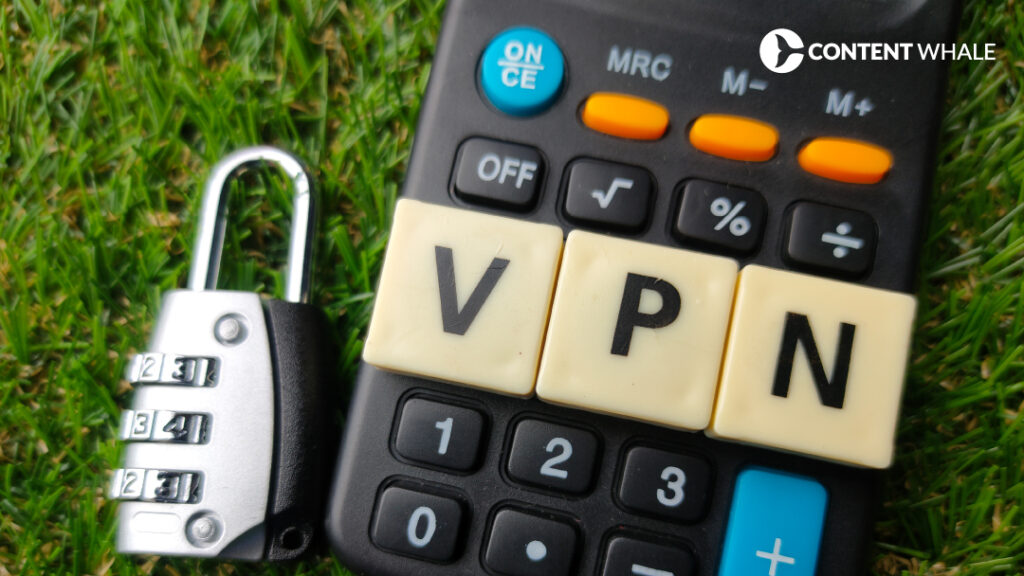
When it comes to VPNs and data encryption, choosing the right VPN protocols is essential. These protocols determine how your data is encrypted and transmitted, impacting both your online privacy and connection speed. Let’s break down the top protocols you should know about in 2024.
a) OpenVPN
- Encryption Strength: OpenVPN is one of the most trusted protocols, known for its strong AES encryption (Advanced Encryption Standard). It uses 256-bit encryption, making it nearly impossible to crack.
- Why It’s Great: OpenVPN is highly configurable, secure, and widely supported by most VPN providers. It’s perfect for users prioritizing data security without sacrificing speed too much.
- Drawback: It can sometimes be slower compared to other protocols.
b) IKEv2/IPsec
- Encryption Strength: IKEv2 (Internet Key Exchange version 2) paired with IPsec (Internet Protocol Security) ensures fast, secure connections using encryption algorithms like AES-256.
- Why It’s Great: This protocol is particularly useful for mobile users due to its ability to maintain a secure internet connection even when switching between networks.
- Drawback: Limited support across older devices and systems.
c) WireGuard
- Encryption Strength: WireGuard uses state-of-the-art cryptography, offering both high security and improved performance. It’s designed to be faster and more efficient, using encryption in cybersecurity practices that ensure privacy without compromising speed.
- Why It’s Great: WireGuard is lightweight, faster than OpenVPN, and becoming the go-to option for many VPN services. It’s ideal for both secure browsing and data-heavy activities like streaming.
- Drawback: Still relatively new, and some providers haven’t fully adopted it.
| # | Protocols | Why It’s Great | Drawback |
| 1 | OpenVPN | Highly secure with AES-256 encryption, customizable, and widely supported. Ideal for balancing security and performance. | Can be slower compared to newer protocols. |
| 2 | IKEv2/IPsec | Offers fast, secure connections, especially useful for mobile users. Seamlessly reconnects even when switching networks. | Limited support on older devices and systems. |
| 3 | WireGuard | Lightweight, fast, and efficient with modern cryptography. Offers better performance than older protocols. | Relatively new and still being fully adopted by VPN providers. |
5. How VPNs and Data Encryption Protect Businesses
Businesses face constant threats to their data security in today’s digital environment. This makes VPNs and data encryption essential tools for safeguarding sensitive information. Here’s how they work together to keep your company’s data secure:
a) Protecting Business Data
A VPN encryption solution ensures that all data transmitted between employees, clients, and servers is fully encrypted. Whether your team is sharing confidential documents or handling financial transactions, encrypted data transmission ensures that only authorized parties can access the information.
b) Securing Remote Workforces
With remote work now standard for many companies, the need for a secure internet connection is greater than ever. VPNs enable employees to access company systems safely from any location, without exposing sensitive information to cyber threats. Encryption prevents unauthorized access to company communications, securing everything from emails to video calls.
c) Complying with Data Privacy Regulations
Businesses are required to comply with data protection regulations such as GDPR and HIPAA. A VPN for businesses can help meet these compliance requirements by ensuring that all data remains secure and private. End-to-end encryption guarantees that data is protected from the moment it leaves the device until it reaches its destination.
6. VPNs and Data Encryption for Personal Use
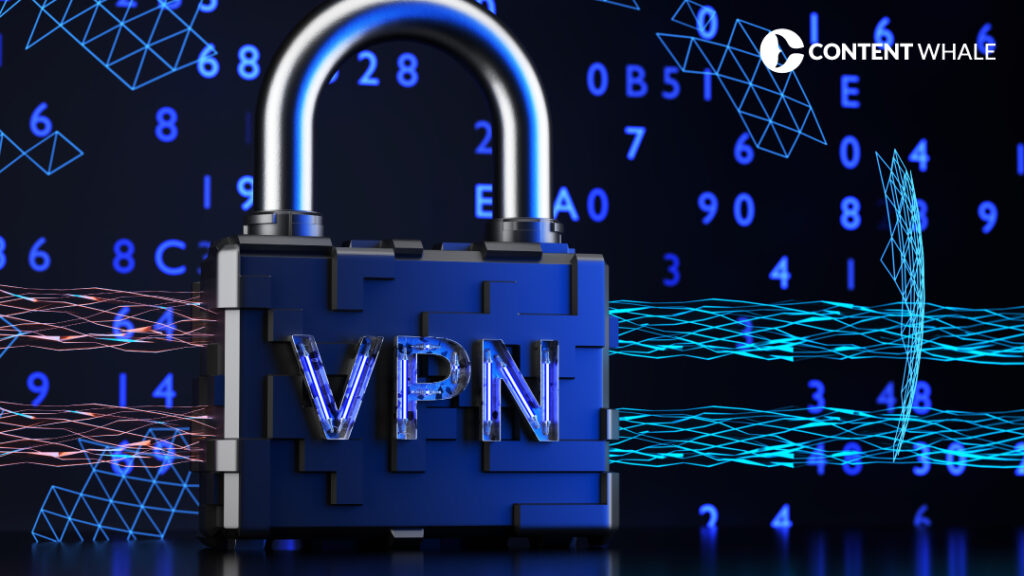
For individuals, VPNs and data encryption are essential for protecting personal information in a world where privacy is constantly under threat. Here’s how they safeguard your daily activities:
a) Protecting Personal Data
When you connect to the internet without a VPN, your data can be intercepted by hackers or even monitored by your Internet Service Provider (ISP). Using a VPN encryption ensures that your data is scrambled and unreadable by anyone attempting to spy on your online activities. This helps protect sensitive data like passwords, banking details, and personal messages.
b) Preventing Tracking and Surveillance
Many websites, apps, and advertisers track your activity, building profiles based on your behavior. A VPN hides your IP address, preventing third parties from identifying your location or tracking your browsing habits. With a secure internet connection through a VPN, you gain VPN privacy protection that makes it harder for companies and hackers to monitor you.
c) Choosing the Right VPN for Personal Use
When selecting a VPN, make sure it offers strong encryption algorithms such as AES encryption to ensure high levels of data security. Look for VPNs that support reliable VPN protocols like OpenVPN and WireGuard to provide fast, secure browsing without compromising performance.
Conclusion
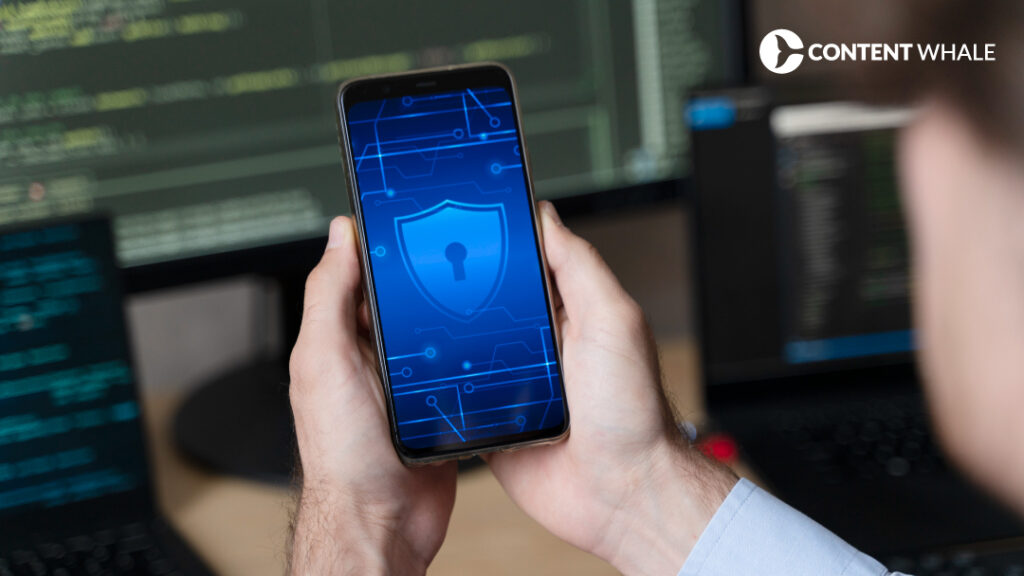
In today’s digital age, VPNs and data encryption are essential for protecting your privacy and ensuring data security. Whether you’re a business safeguarding sensitive information or an individual looking for VPN privacy protection, the combination of VPN encryption and robust encryption algorithms like AES encryption provides a secure internet connection.
As cyber threats evolve, using reliable VPN protocols and practicing encrypted data transmission is crucial to keeping your data safe from prying eyes. Stay protected, ensure secure browsing, and make VPNs and encryption a key part of your online security strategy in 2024.
_______
This blog showcases Content Whale’s expertise in creating SEO-optimized content that doesn’t just rank—it drives growth. If you’re ready to enhance your online presence, increase traffic, and achieve your business objectives, we’re ready to help. Get in touch with us today, and let’s develop content that fuels your success.
FAQs
1. What is the difference between VPNs and encryption?
VPNs and data encryption work together to secure your online activities. A VPN creates a secure internet connection by masking your IP address, while encryption encodes the data you send or receive. This combination provides comprehensive protection, ensuring both your identity and your data remain private and safe from cyber threats.
2. Are all VPNs equally secure?
No, VPNs vary in their security based on the VPN protocols and encryption algorithms they use. For maximum VPN security benefits, look for providers that offer strong encryption like AES encryption and modern protocols like OpenVPN or WireGuard. These ensure encrypted data transmission and high-level security.
3. Can using a VPN slow down my internet connection?
Yes, using a VPN can slightly reduce your speed due to the process of VPN encryption. However, the best VPN providers offer fast servers that minimize this impact, allowing for secure browsing without a noticeable drop in performance. Choose a provider with optimized servers to maintain a fast secure internet connection.
4. Is VPN encryption enough to protect sensitive business data?
While VPN encryption is a key part of securing business data, it should be combined with other cybersecurity measures, such as firewalls and regular security audits. VPNs offer VPN privacy protection and encrypted data transmission, but businesses should ensure comprehensive security strategies for maximum protection.
5. How does a VPN protect online privacy?
A VPN hides your IP address, making it difficult for third parties to track your online activities. Combined with strong data encryption, a VPN ensures your online privacy by preventing hackers and other entities from accessing your data or monitoring your browsing behavior.
